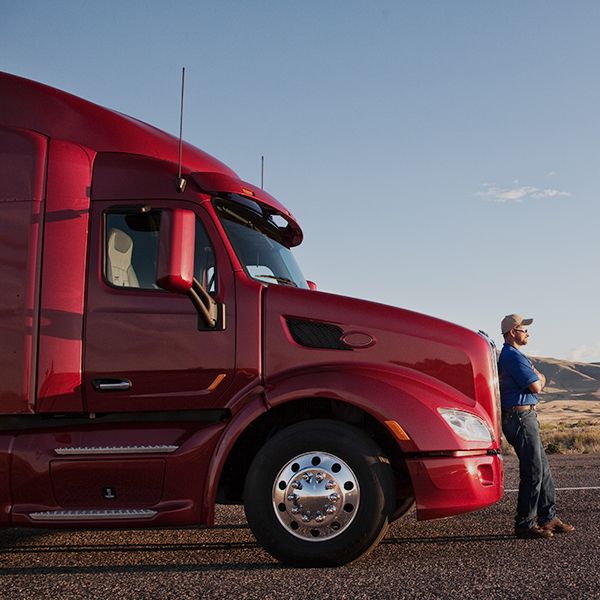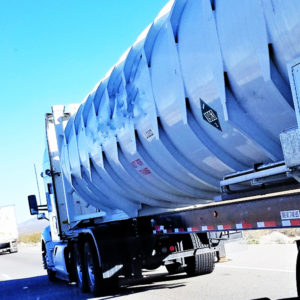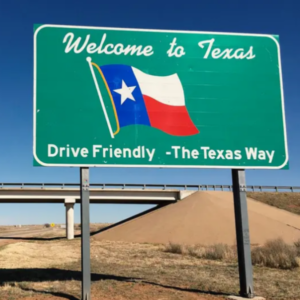Drug and Alcohol Testing Compliance Program
$337
FCCR provides comprehensive DOT drug and alcohol testing compliance services for trucking companies and owner-operators. As a certified Consortium/Third-Party Administrator (C/TPA) registered with the FMCSA, our team ensures that your business meets all federal testing requirements. From pre-employment screenings to random and post-accident testing, we manage the entire process to help you stay compliant and avoid costly violations. Trust FCCR to handle your drug and alcohol program with accuracy, confidentiality, and full regulatory compliance.
Product Description
All CDL-required commercial motor vehicle (CMV) operators must participate in a DOT-compliant drug and alcohol testing program. This includes motor carriers, owner-operators, and any driver performing safety-sensitive functions under FMCSA regulations.
A consortium (also known as a C/TPA) manages drug and alcohol testing programs for multiple employers and owner-operators. The consortium handles testing schedules, random selections, and recordkeeping to ensure compliance with FMCSA rules. FCCR serves as your certified consortium to manage every aspect of your testing program efficiently.
DOT regulations require testing under the following circumstances:
• Pre-employment: Before a driver performs safety-sensitive duties.
• Reasonable suspicion: When trained supervisors observe potential substance misuse.
• Random: Ongoing, unannounced testing of safety-sensitive employees.
• Post-accident: Following certain accidents involving fatalities or when a driver’s performance may have contributed to an incident.
DOT drug tests screen for the following substances:
• Marijuana (THC)
• Cocaine
• Amphetamines
• Opiates (including heroin and morphine)
• Phencyclidine (PCP)
• MDMA (Ecstasy)
Drivers who test positive must be removed from safety-sensitive duties immediately. They are required to complete a return-to-duty process, including evaluation by a Substance Abuse Professional (SAP), completion of recommended treatment, and a negative follow-up test before resuming driving duties.
If the driver has a valid prescription and is using the medication as directed, the Medical Review Officer (MRO) will verify it and may determine the result is not a violation. The driver must provide documentation of the prescription for review.
During an audit, you may be asked to provide:
• A copy of your consortium enrollment or service agreement.
• Proof that all safety-sensitive drivers are part of the random testing pool.
• Your company’s Drug and Alcohol policy.
• Test records (pre-employment, random, post-accident, and reasonable suspicion).
• Annual summary reports showing testing compliance rates.
Read more: How the FMCSA Clearinghouse Affects You








